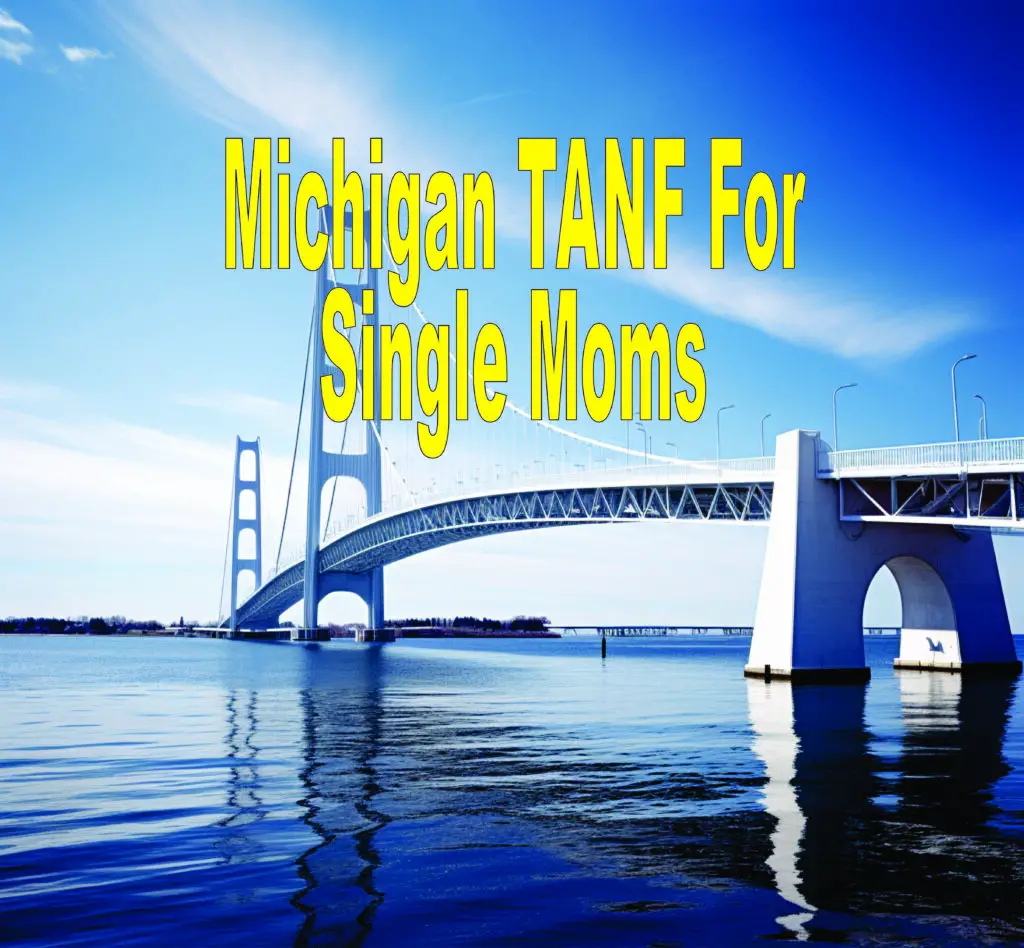Last updated on July 14, 2024 by Wade
If you are a low-income parent or pregnant woman living in Wisconsin, you may qualify through the state’s Temporary Assistance for Needy Families (TANF) or Wisconsin factory (W-2) program.
The W-2 program is an important safety net for families facing financial hardship. Whether you are facing a job loss, a medical emergency, or other unexpected expenses, Temporary Assistance for Needy Families (TANF) can help you meet basic needs while you work to get back on your feet.
In this article, we will explore the benefits and services offered by Wisconsin’s Temporary Assistance for Needy Families (TANF) program as well as the eligibility requirements and application process. We will also discuss other support programs available under the TANF framework so that you can fully understand the resources available.
Learn about Wisconsin’s Temporary Assistance for Needy Families (TANF) program benefits and services
Wisconsin Works is a work-based program designed to help individuals become self-reliant while receiving monthly financial assistance. It is not an entitlement, but participants must work in exchange for cash assistance.
W-2 cash assistance is based on family size and countable income. A family of three with no current source of income is eligible Cash benefits up to $653 per month.
W-2 helps qualifying adults become prepared and ready for work by providing employment programs, vocational education and training, and social service programs. In addition, it promotes activities that help job seekers find employment and gain relevant work experience.
Additionally, the W-2 program helps needy families find decent housing and child care centers that enable adults to further participate in work activities.

Wisconsin Temporary Assistance for Needy Families (TANF) Eligibility Requirements
If you are a low-income parent struggling to make ends meet, it is important to understand the eligibility requirements for temporary cash assistance through Wisconsin’s Temporary Assistance for Needy Families (TANF) program.
To qualify for this public assistance, you must meet category and financial eligibility criteria, including being a Wisconsin resident, a U.S. citizen, or a legal alien, and experiencing a financial hardship. Qualifying families must also have at least one minor child (under 19 years old). Pregnant women, minor parents, and non-custodial parents are also eligible for these benefits.
To determine eligibility, the state considers factors such as family size and household income, as well as any assets or resources. The table below outlines the income limit guidelines for families with children applying for TANF in Wisconsin.
| family size | Maximum total monthly income |
| 1 | $673 |
| 2 | $901 |
| 3 | $1,129 |
| 4 | $1,357 |
| 5 | $1,585 |
| 6 | $1,813 |
| 7 | $2,041 |
| 8 | $2,269 USD |
Apply for Wisconsin Temporary Assistance for Needy Families (TANF) Benefits
First, you must download the W-2 application form and gather all necessary documents to support your claim. You can apply for Wisconsin Temporary Assistance for Needy Families (TANF) benefits personally At your local W-2 agency or online through the ACCESS website.
After receiving your W-2 application, the eligibility review staff will arrange for you to have an interactive interview through the ACCESS website or in person.

Wisconsin Temporary Assistance for Needy Families (TANF) Application Required Documents
Gathering all the necessary documents for a Wisconsin TANF application can be overwhelming, but it is crucial to make sure you have everything you need to increase your chances of approval. In order to qualify for temporary cash assistance, the office will ask you to provide the following most common documents:
- social security number
- Citizenship or non-citizen status
- photo recognition
- birth certificate
- medical records
- marriage certificate
- school records
- diploma
- Lease or mortgage documents
- property tax
- unemployment benefits
- Veterans Benefits
- child support
- insurance policy
- trust fund
- Bank savings and checking account statements
- income tax return
These are just a few of the many documents you can prepare to help support your W-2 petition. Here is the complete list of documents you must bring with you to the interview.
Other support programs under Wisconsin’s Temporary Assistance for Needy Families (TANF)
You can take advantage of other support programs available through Wisconsin TANF, such as employment loans, emergency assistance, Changing Milwaukee Jobs, and Transitional Jobs.
employment loan Provide financial assistance to eligible families to resolve Employment related needs. at the same time, emergency assistance Support families with children(ren) Crisis situation.
this Changing Job Opportunities in Milwaukee Helping low-income adults in Milwaukee County Transition to stable unsubsidized employmentand transitional work supply Limited-term subsidy work Low-income adults. also, Non-custodial parent services and social security disability insurance Available to qualified persons. These programs serve as safety net programs to assist the poor and help them achieve self-sufficiency.
FAQ
What is the maximum period a person can receive Wisconsin Temporary Assistance for Needy Families (TANF) benefits?
You can get TANF benefits Up to 60 months, But states can set shorter time limits. TANF is a federal program that provides temporary financial assistance to low-income families in need.
Can non-U.S. citizens receive Wisconsin Temporary Assistance for Needy Families (TANF) benefits?
Non-citizens who meet certain eligibility criteria (e.g. become a lawful permanent resident or refugee. However, undocumented immigrants are not eligible for Temporary Assistance for Needy Families (TANF) benefits.
Are there any restrictions on how TANF benefits can be used in Wisconsin?
There are restrictions on how Temporary Assistance for Needy Families (TANF) benefits can be used because they are designed to help basic needs Such as food, shelter and clothing. Cash benefits cannot be used for gambling, alcohol or illegal drugs.
What happens if a Wisconsin Temporary Assistance for Needy Families (TANF) recipient fails to comply with program requirements?
If you do not comply with program requirements, you may lose your Wisconsin Temporary Assistance for Needy Families (TANF) benefits. This may include not meeting work requirements or participating in required programs, as well as not reporting changes in income or family status.
in conclusion
Overall, the Wisconsin Temporary Assistance for Needy Families (TANF) program can be a valuable resource to provide assistance to families in need of financial assistance. TANF can help individuals become self-sufficient and improve their overall quality of life by providing cash benefits, job training, and other support services.
By taking advantage of the resources available through Temporary Assistance for Needy Families (TANF), you can take steps to provide financial security for yourself and your family. Remember, the Wisconsin TANF program is here to help you when you need it most.




